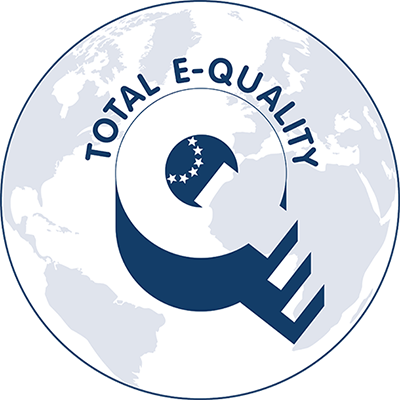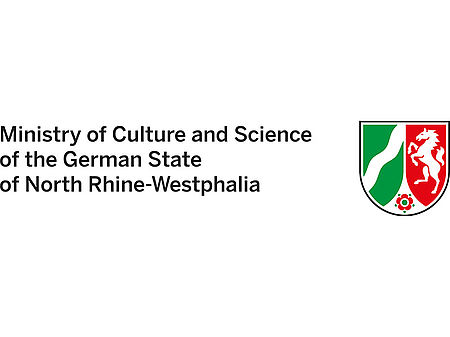Electronic publishing: what are the key issues to consider when publishing articles in open access journals?
Selecting a suitable journal is the first point to consider in the publication process. Academic journals generally offer two models of gold open access:
- Publication in full open access journals (i.e. all the articles in the journal are published as open access articles).
- Publication in open access journals with a hybrid business model (i.e. individual journal articles are published under the open access model but the journal as a whole is run under a subscription model).
In principle, both models are acceptable. However, some funding organisations do not allow work they have funded to be published in hybrid journals. An exception applies to hybrid titles covered by transformative agreements ‒ such as DEAL ‒ that are on course to transition to full open access in the medium term.
When submitting your work to a hybrid journal, you must actively select the open access option. Some publishers allow you to defer this decision until a positive peer review has been obtained. Whatever the timing of this decision, it is essential that you have the necessary funding in place before making your choice.
Diamond open access, which has increasingly come under the spotlight since 2023, is a variant of gold open access in which no publication or subscription fees are charged.
See also
Selecting a journal: how to find a suitable journal for publishing research results
Funding: What requirements do funders impose in regard to open access?
Monographs, contributions to edited volumes and conference papers: what open access publishing options are available for these formats?
Cost of publication
Open access publishing also incurs costs for the publishing process. Often a fee is charged to cover these costs. Typically referred to as an article/author processing charge (APC), publication fee or author fee, this generally has to be paid when the article is published. There are a number of different ways in which authors can obtain support in paying these fees. In most cases, they are paid by the corresponding author’s institution. Remember that your institution may have negotiated discounted APCs with the publisher or made an agreement to pay all such fees centrally ‒ make sure to check in advance if any arrangements of this kind are already in place.
New journals often waive their author fee for a certain period following their initial launch. However, when drawing up a publishing strategy it is important to remember that these special offers generally only apply for a limited time.
In certain circumstances publication fees may be higher than normal, for example for articles that have colour illustrations or that exceed a certain number of pages. It is therefore advisable to enquire beforehand whether the publisher charges a fee of this kind and how it is calculated. Since these additional charges do not specifically come under the heading of open access provision, they are generally not covered by publication funds and typically not reimbursed by funding bodies.
See also
Publication fees: what are the different ways of covering article processing charges?
Copyright and the granting of exploitation rights
Authors that use open access to publish their articles retain the copyright while simultaneously having the option of granting exploitation rights tailored to their own requirements. These additional usage rights are often granted through open content licenses such as Creative Commons licenses.
See also
What do Creative Commons licenses offer?
Selecting a journal: how to find a suitable journal for publishing research results
Author agreements (publication agreements): which aspects are relevant?
Copyright and academic research: what are the key issues that affect you as an author?
Self-archiving as an alternative open access route
Authors who choose not to publish their articles in open access journals or hybrid open access journals still have the possibility of subsequently making their publications freely accessible online through self-archiving.
See also
Disclaimer
Important note: The information and links provided here do not represent any form of binding legal advice. They are solely intended to provide an initial basis to help get you on the right track. ZB MED – Information Centre for Life Sciences has carefully checked the information included in the list of FAQs. However, we are unable to accept any liability whatsoever for any errors it may contain. Unless indicated otherwise, any statements concerning individual statutory norms or regulations refer to German law (FAQ updated 05/2025).
Contact

Dr. Jasmin Schmitz
Head of Publication Advisory Services
Phone: +49 (0)221 999 892 665
Send mail
Related links




